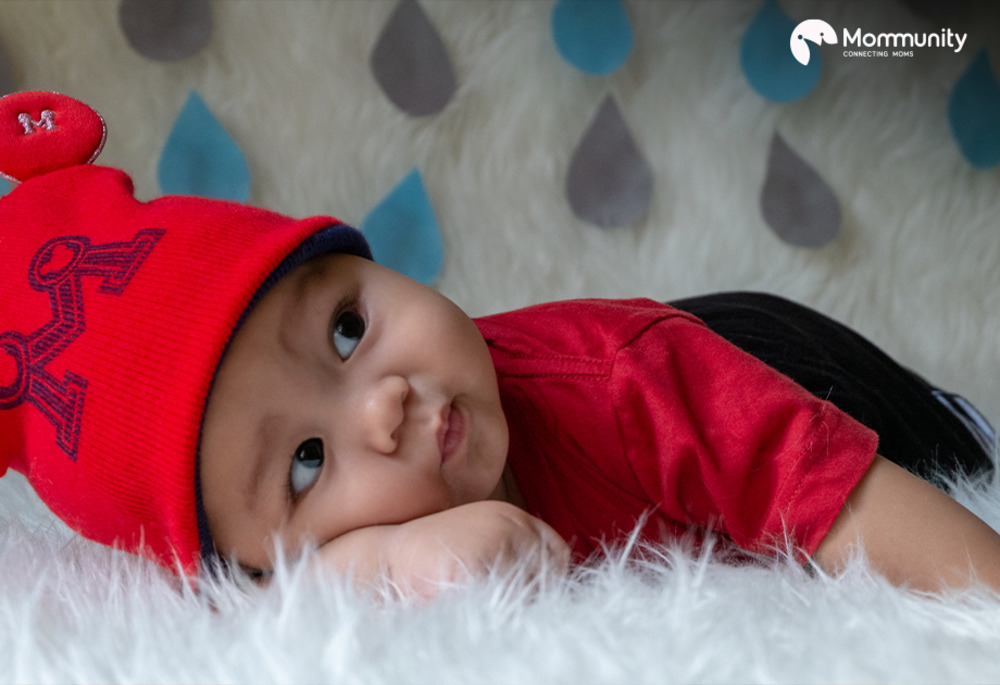Want to feel a baby’s kick in the womb? Wondering about when do babies start kicking in the womb? Pregnancy is a magical journey filled with so many milestones and cherishable moments. One of the best feelings is the baby’s first kick. It is one of the most exciting and emotional experiences for expecting parents.
This gentle flapping or strong stab is a reassuring sign of life and growth inside the womb. But the question is when do babies start kicking, and what does it mean for their development? In this blog, let’s dive deep into the answer of when do babies start kicking in the womb.
The Early Stages: Tiny Tremors
Fetal movement refers to the motion of a fetus in the womb caused by its muscle activity. It includes kicking, which can start much earlier than most parents realize. Movement can start around the 7th to 8th week of pregnancy when the embryo begins to make its first movements.
However, these are more like tiny twitches and cramps rather than recognizable kicks. Around this stage of pregnancy, the baby is still very small, measuring only about half an inch, and its movements are unnoticeable to the mother.
Quickening: The First Perceptible Movements
Quickening refers to the first time a mother feels her baby move in the womb. The Quickening happens between the 16th and 25th weeks of pregnancy. Sometimes, first-time mothers might not feel these movements until closer to the 25th week, while women who are already mothers before might notice them earlier, around the 13th week.
These starting movements are often described as flutters, bubbles, or gentle tapping. They can be irregular and easy to miss, especially for those who are experiencing them for the first time. With the growth of the baby, these movements become more noticeable and easier to detect.
4 Factors Influencing the Timing of Kicks
There are several factors that can influence the timing of babies’ kick in the womb:
1. Placental Position
If the placenta is positioned at the front of the uterus (anterior placenta), it can help the baby’s movements by giving support, making them harder to feel early on.
2. Maternal Weight
The feeling of movement also depends on the body weight of the woman. Women with higher body weight may feel movements later than those with lower body weight because of the extra padding.
3. Activity Level
Women who are busy or active might not be able to notice the subtle early movements. On the other hand, women who are resting or paying close attention to their bodies can feel the movement earlier.
4. Experience
The woman who is already a mother can recognize the movement earlier while the woman who is first time takes more time to recognize.
The Importance of Kicking
Feeling the baby kick is not just a lovely experience. It also indicates the baby’s health and development. Regular fetal movement is a sign that the baby is growing well. Baby has a healthy nervous system and muscles. It also helps in the development of the baby’s bones and joints.
Patterns of Movement
As the pregnancy progresses, the movement of the baby can be predictable and follow a pattern. Babies can be more active at particular times of the day. They may respond to various stimuli such as sounds, light, and the mother’s activities or food intake.
By the third trimester, movements should become more consistent. Babies may also develop a routine, they can be more active in the evening or after meals. It’s quite normal for movements to vary in strength and frequency, but there should be a recognizable pattern.
Counting Kicks
Kick counting refers to around the 28th week of pregnancy, doctors many times recommend that mothers start counting their baby’s kicks. This helps monitor the baby’s well-being. Here’s a simple way to do it:
- Choose a time of day when the baby is usually active.
- Sit quietly or lie down on your side, focusing on the baby’s movement
- Count every movement of the baby, including kicks, rolls, and flutters.
- Set the target to feel at least 10 movements within 2 hours.
Most babies will achieve this count much before the timing. If there’s a noticeable decrease in movement or if you can’t feel 10 movements within 2 hours, then you should consider talking with your doctor.
When to Be Concerned
Sometimes, a decrease in fetal movement can be a cause for concern. But keep in mind that babies have sleep cycles and can be less active during their sleep time. However, significant changes in movement patterns or a complete absence of movement should be importantly discussed with a doctor.
The Final Note
Feeling your baby kick for the first time is an unforgettable experience that indicates the growing bond between mother and child. It’s a reminder of the life developing inside you. Feeling a baby’s kick is also a milestone to achieve. By understanding when and why babies kick, parents can better appreciate and monitor this incredible journey of growth and development.
We hope by this blog, you will get the answer about when do babies start kicking in the womb. Cherish each movement, each flutter, and each kick, as these are the first signs of your baby’s growth and health, making the waiting time all the more magical and meaningful.




